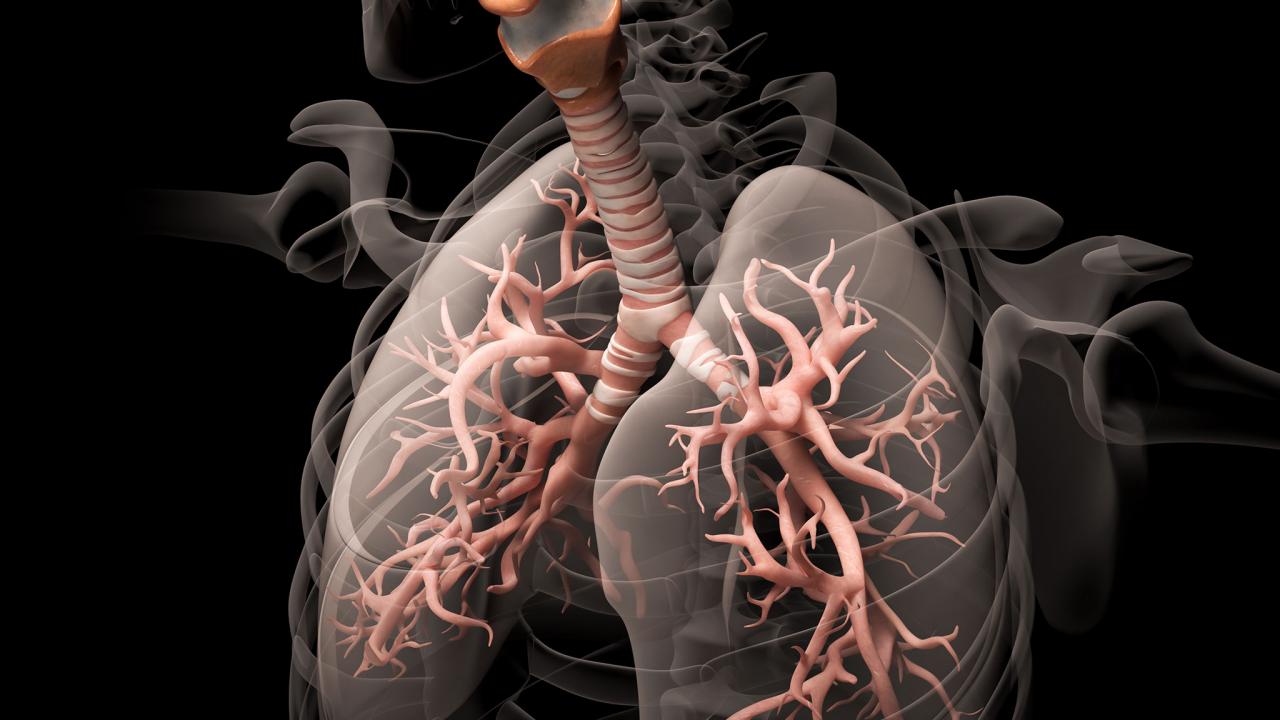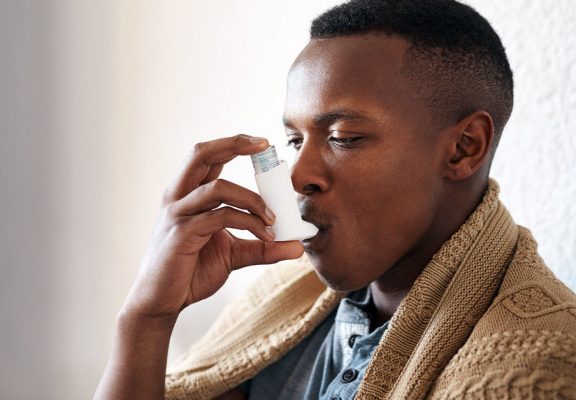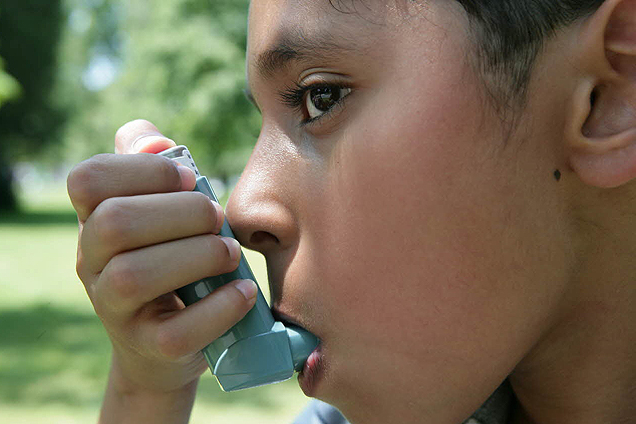- Phone: +220 375 8838
- Email: [email protected]
Motto: Breathe Easy, Stay Healthy
Our Vision: To promote the wellbeing of people with Asthma and Allergies
In Africa, many people live in neighborhoods where poverty rules as an imperious master. In these places indoor and outdoor environment triggers that cause, provoke or aggravate asthma symptoms abound. These include, amongst many others, indoor poor air quality, outdoor air pollution, fumes, dusts, smoke from cooking fires, pests, rodents, acute stress and other unpleasant conditions engendered by poverty.
Asthma is the most common chronic condition among children,1 currently affecting an estimated 6.1 million children under 18 years, of which 3.5 million suffered from an asthma attack or episode in 2016
Source
Asthma is a sensitivity of the airways of the respiratory system
(lungs) that can make it hard to breathe.
The airways react to different triggers in the environment and
become inflamed (swollen) and irritated.

During an asthma attack or flare-up, three things happen to the
airways to restrict breathing:
• The lining of the airways swells
• More mucus is produced that clogs the airways
• The muscles around the airways tighten and make the airways smaller.
• Because children have smaller airways, the above factors can
cause a greater restriction to breathing than in an adult.
Asthma cannot be cured. However, with proper asthma
management and treatment, children with asthma can lead
normal, active lives. Some children outgrow their asthma, but for
unknown reasons it can reappear in adulthood

Uncontrolled asthma can reduce a child’s quality of life by
causing:
• nights of lost sleep
• restriction of activities
• reduction in a child’s ability to learn
• frequent days of missed child care/preschool
• disruption of family routines
• life threatening situations
Courtesy of Asthma Information Handbook for Early Care and Education Providers (Produced by California ChildCare Health Programme)

Chronic respiratory diseases are listed among the leading causes of death worldwide. About 300 million people have asthma in the World presently and it is estimated that an additional 100 million people may be living with the condition by 2025. Asthma is also rated as the most common chronic disease affecting children. According to the World Health Organization (WHO) about 250 000 people die from asthma every year, mainly in low and middle income countries (LMIC), most of the former in Africa. The International Study of Asthma and Allergies has reported that asthma prevalence among children is increasing in Africa and has contributed most to the burden of disease through its effects on quality of life. In many instances it has resulted to loss of productivity, due to absenteeism from work and school. Outdoor air pollution from various sources like traffic pollution, combustion of fossils and biomass fuels, workplace dust which trigger asthma are prevalent in Africa. Sadly, lack of organized health promotion programmes, such as effective control strategies for environmental triggers, air pollutants, and occupational dusts have worsened the problem. Other constraints including those arising from the over-utilization of health services, lack of trained staff and diagnostic apparatus, and non-availability and un-affordability of inhaled medications have hindered efforts to improve the management of asthma in The Gambia in particular and Africa in General. The WHO has also reported that the levels of asthma control and health responses in the continent have been below recommended standards, and that these have contributed to the size of the disease burden. In addition, although many African countries have national guidelines for the management of asthma and other CRDs, these guidelines are not implemented in most rural areas. It is believed that many children with asthma in Gambia and Africa in general may fail to achieve their full potential if proper management and control measures are not put in place. Many people in Africa are allergic, be it food, seasonal skin or severe allergies. Asthma is closely related to allergies, it has been established that allergies can make existing asthma worse. It can also trigger asthma in a person who’s never had the condition. Allergy-induced asthma or allergic asthma affects many people in Africa. The scenario presented above is a call for change in how asthma is viewed and tackled, especially in children. PAFWA recently established in The Gambia, and will soon expand to Sierra Leone and Guinea Bissau.

Ensuring proper management to significantly improve the quality of life of individuals affected by asthma,
Helping members to develop asthma action plans that are customized for each individual.
Helping low-income individuals access treatment and maintain proper asthma care.
Partnering with the media to disseminate asthma management and prevention messages, raise community asthma awareness
Identifying children who might be struggling to manage asthma and help them lead normal, healthy lives.
Promoting asthma-friendly schools that work to create safe and supportive learning environments for pupils/students with asthma
Guiding and assisting people with Allergies


Students with asthma should be able to live healthy, active lives with few symptoms
Show that you care about people living with Asthma
Show that you care about people living with food allergies
...Together we shall overcome